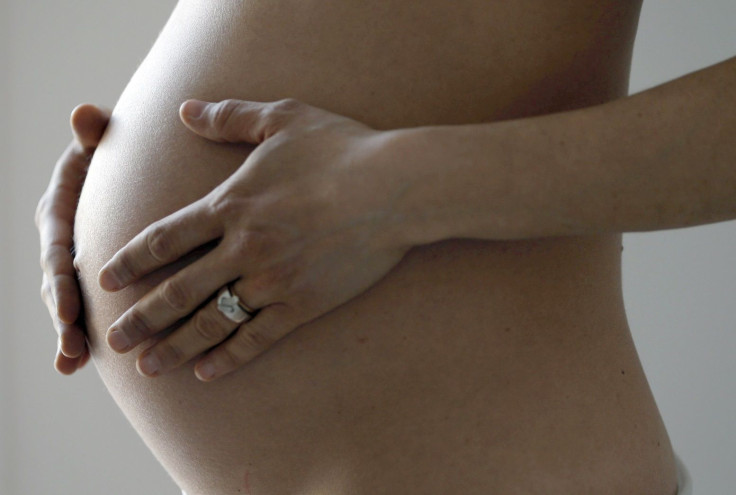Virus HHV-6A linked to infertility in women, may be transmitted sexually and via kissing

Scientists believe they have found a link between women’s unexplained infertility and a mysterious virus that is transmitted via kissing. The team of researchers at University of Ferrara in Italy said that the discovery offers hope for women who are struggling to get pregnant but don’t know the reason they can’t.
Alcohol, bad diet and caffeine have already been linked to poor fertility, but this is the first time that kissing has also been linked. The researchers examined uteruses of women with unexplained primary infertility. They found that 43 percent were infected with a mysterious human herpes virus HHV-6A.
Interestingly, the virus was not detected in any of the fertile women. According to Telegraph.co.uk, infertility affects around six percent of women in the age group of 15-44. About a quarter of these cases go unexplained. Many opt for expensive and often traumatic fertility treatments like IVF that do guarantee pregnancy.
As per The Australian, the researchers took tissue samples from the womb linings of 30 women with unaccountable infertility and 30 mothers. Thirteen of the infertile women had DNA from the HHV-6A virus. The virus is not properly understood even though it was discovered 30 years ago.
The study, published in the journal PLOS ONE, showed that the virus appear to infect a large range of the womb’s immune cells. The infections appeared to be aggravated by high levels of the hormone estradiol that triggers ovulation and prepares the womb for the embryo.
The women infected with HHV-6A were found to have abnormal levels of cytokines. These are signalling proteins that facilitate cell interactions for supporting fertilised eggs and foetal development. The prevalence of the virus is unknown as it is typically not detectable in saliva or blood.
The virus multiplies in salivary glands and can be transferred via kissing. Supervisor Roberta Rizzo explained that the virus may be transmitted sexually and can worsen infertility problems.




















